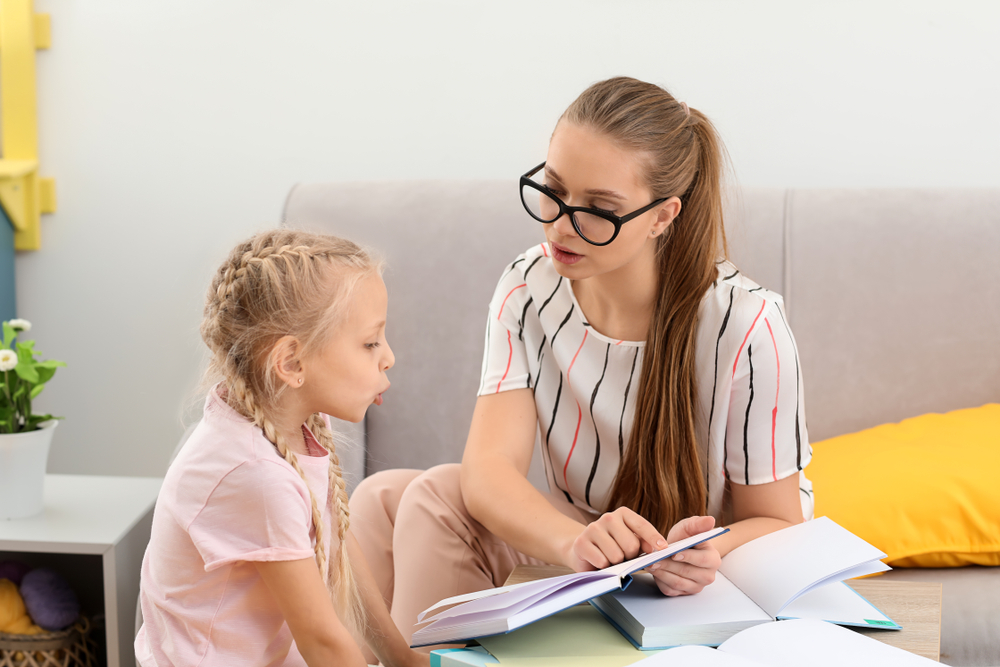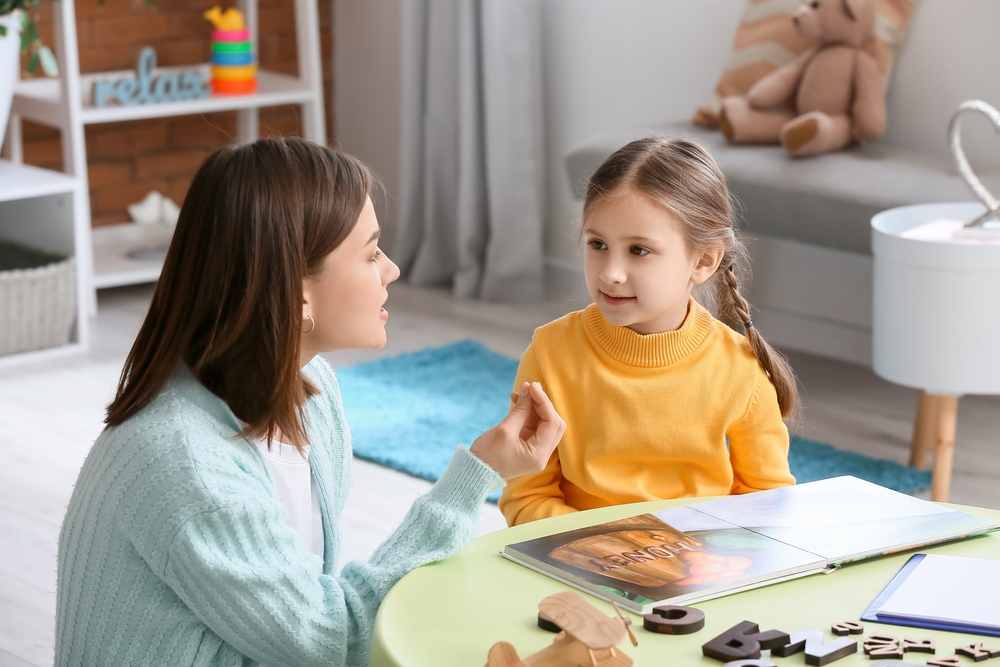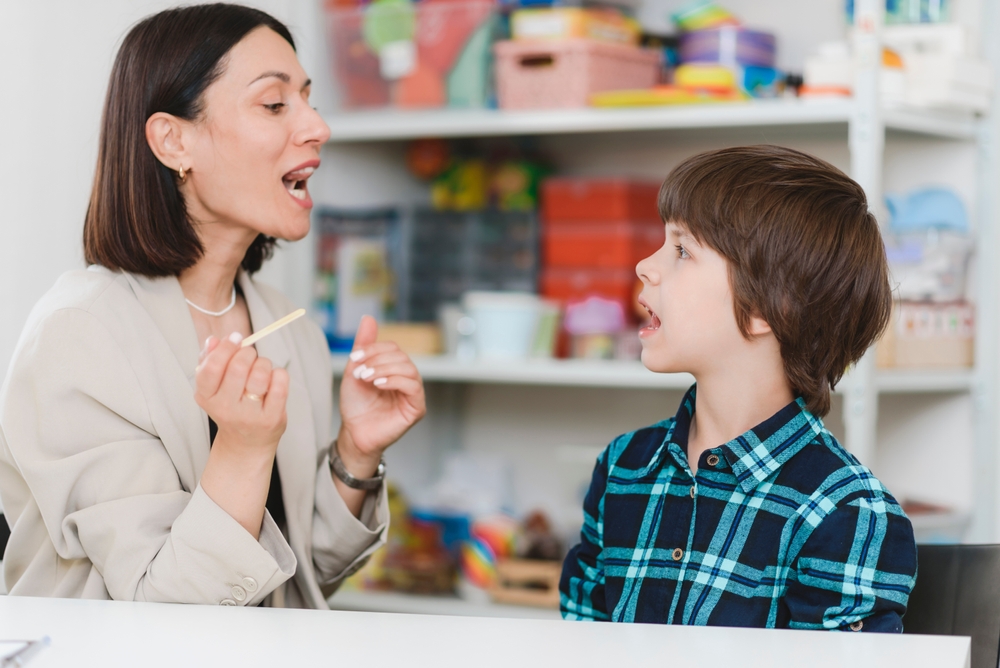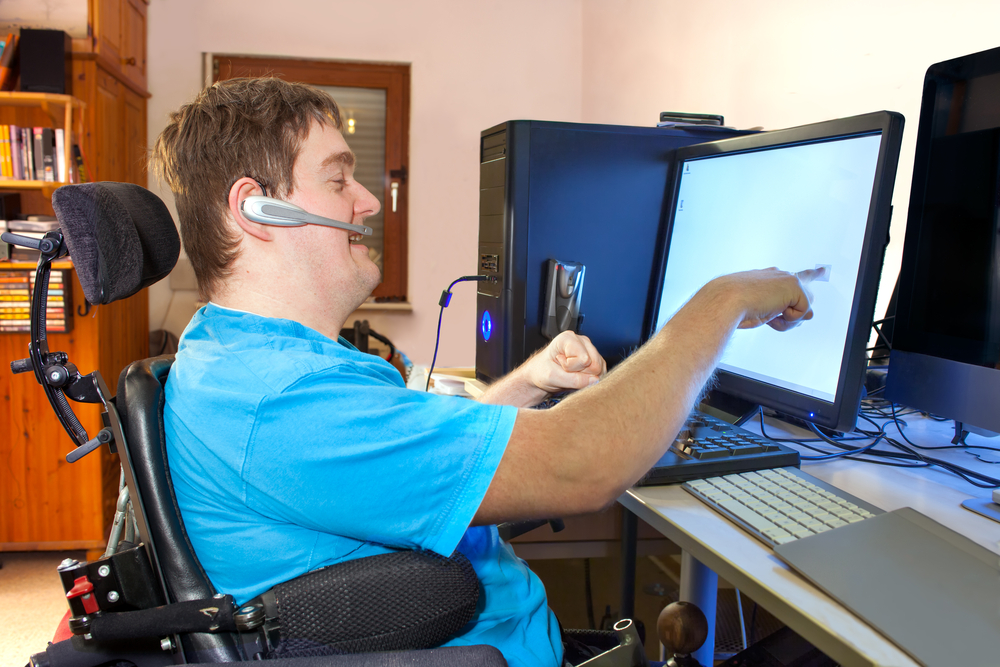Make an Appointment
Aphasia is a language disorder caused by damage to parts of the brain responsible for communication, often following a stroke or brain injury. It can make speaking, understanding, reading, and writing more difficult. For family members and carers, it can feel frustrating or even intimidating to talk with someone who seems to “lose” their words.
You might ask yourself:
What’s the best way to communicate effectively with someone who has aphasia?
How can I keep conversations enjoyable rather than stressful?
Are there specific speech techniques that actually help?
What small actions can make communication easier?
The most important thing to remember is that aphasia does not affect intelligence. The person still understands more than they can express. With the right strategies, patience, and support from speech therapy, conversations can still be meaningful and enjoyable.
This guide explores simple strategies for talking with someone who has aphasia, explains how speech therapy supports recovery, and offers tips for keeping interactions positive and engaging.

Before diving into communication strategies, it helps to understand what aphasia is and how it affects everyday interactions.
What is Aphasia?
Aphasia is a language impairment caused by damage to the brain’s language centres, most commonly after a stroke, but also from traumatic brain injury, brain tumours, or certain neurological conditions. It can affect:
- Speaking – finding the right words or forming sentences
- Understanding speech – following conversations or complex instructions
- Reading and writing – recognising words and spelling
- Non-verbal communication – sometimes reduced facial expression or gestures
Types of Aphasia
Different types of aphasia affect communication in different ways:
- Expressive (Broca’s) aphasia – The person understands well but has difficulty speaking or writing.
- Receptive (Wernicke’s) aphasia – Speech may flow easily but words don’t make sense, and understanding others is challenging.
- Global aphasia – Severe difficulty with both understanding and speaking.
- Anomic aphasia – Mild difficulty finding the right words.
Knowing the type of aphasia helps you choose the right communication strategies.
Emotional Impact of Aphasia
Living with aphasia can feel isolating. The person may feel:
- Frustrated that their thoughts don’t come out as they intend
- Embarrassed in social situations
- Reluctant to join conversations for fear of “getting stuck”
- Misunderstood, especially when others assume they’re less intelligent
Understanding these feelings helps you approach conversations with empathy and patience.
For more on aphasia, visit Australian Aphasia Association - What is Aphasia?.

Simple Strategies to Communicate Effectively
There’s no “perfect” way to talk with someone who has aphasia, but small adjustments can make a huge difference in helping them feel heard and understood.
Slow Down and Keep It Simple
- Speak at a relaxed pace with short, clear sentences.
- Focus on one idea at a time rather than long, complex instructions.
- Avoid rushing or finishing their sentences unless they ask for help.
Use Gestures and Visual Cues
- Point to objects, pictures, or written words to add context.
- Use facial expressions and hand gestures to reinforce meaning.
- Try drawing simple pictures if words are difficult.
Ask Yes/No Questions
- Instead of open-ended questions like “What do you want for lunch?”, ask “Do you want soup?”
- Yes/no questions reduce pressure and are easier to answer when words are hard to find.
Give Extra Time
- Wait patiently for a response, don’t interrupt or rush them.
- Silence is okay; sometimes the person just needs more time to process words.
Check Understanding
- If you’re unsure you understood correctly, gently repeat what you heard: “So you want to go for a walk this afternoon, right?”
- Look for non-verbal cues like nodding or eye contact to confirm.
Minimise Background Distractions
- Turn off the TV or radio when talking, it’s easier to focus without competing noise.
- Choose quiet, calm settings for important conversations.
Be Encouraging
- Celebrate small successes, even if it’s just one word or gesture.
- Avoid correcting every mistake, focus on the message, not the exact words.
For more tips, visit our Speech Pathology services.

How Speech Therapy Helps People with Aphasia
Speech therapy plays a vital role in helping people with aphasia regain communication skills and learn alternative ways to express themselves.
Speech and Language Exercises
Speech pathologists use evidence-based techniques to stimulate language areas in the brain, such as:
- Word retrieval exercises – Helping the person practice naming everyday objects.
- Sentence-building practice – Gradually forming longer, more complex sentences.
- Repetition and imitation – Strengthening neural pathways for key words and phrases.
Alternative and Augmentative Communication (AAC)
If speech is very difficult, therapists introduce other tools:
- Communication boards with pictures or key words
- Simple apps that help with speaking through touchscreens
- Gestures, sign language, or written keywords
Conversational Practice
Therapists create safe, structured conversation practice to:
- Rebuild confidence in speaking with others
- Practise real-life scenarios like ordering coffee or greeting friends
- Improve social interaction skills, even with limited speech
Family and Carer Training
Carers and family members often join sessions to learn:
- Supportive conversation techniques
- How to use visual aids or communication boards
- How to reduce frustration and encourage participation
Cognitive and Emotional Support
Speech therapists also help address the emotional side of aphasia, providing reassurance and connecting families to support groups.
Recovery can take time, but regular therapy, combined with practice at home, often leads to meaningful improvements.
For more on aphasia therapy programs, visit Aphasia Pathway.

Keeping Conversations Fun and Engaging
Communication isn’t just about exchanging information, it’s about connecting. Here’s how to make interactions more enjoyable and less stressful for someone with aphasia.
Try Activities That Encourage Communication
- Look through photo albums and talk about family memories.
- Play simple games like matching pictures, naming objects, or describing what you see in a magazine.
- Listen to music together, sometimes singing can be easier than speaking.
Be Creative with Entertainment
- Watch familiar movies or shows with subtitles and discuss simple scenes.
- Do light crafts or cooking where conversation naturally happens.
- Use simple apps designed for aphasia-friendly communication.
Focus on Shared Moments
Even if words are limited, non-verbal connection matters. Sitting together quietly, sharing a smile, or holding hands can be comforting.
Actions That Enhance Communication
- Sit face-to-face so they can see your lips and expressions.
- Keep paper and pen handy for writing or drawing when needed.
- Be consistent with routines so conversations feel familiar and less pressured.
What Speech Techniques Can Help?
- Melodic intonation therapy – Using a singing-like pattern to make speaking easier.
- Script training – Practising set phrases for common situations like greetings or phone calls.
- Cueing techniques – Giving the first sound or letter of a word to help trigger recall.
These techniques, guided by a speech pathologist, help create new pathways in the brain for language.
For more ideas on keeping communication engaging, visit Aphasia Victoria – Support for Families.

Frequently Asked Questions (FAQs)
What are some strategies for communicating effectively with someone with aphasia?
Use simple sentences, slow down your speech, ask yes/no questions, use gestures or visual aids, and give plenty of time for responses.
How can you entertain someone with aphasia?
Photo albums, music, simple word games, and shared activities like cooking or gardening encourage relaxed conversation without pressure.
What are the speech techniques for aphasia?
Speech therapists use word-retrieval practice, melodic intonation therapy, script training, and cueing techniques to stimulate language recovery.
What actions enhance communication in a patient with aphasia?
Minimising distractions, sitting face-to-face, using written words or pictures, and practising consistent routines make communication easier.

Talking with someone who has aphasia may feel different at first, but with patience, empathy, and the right strategies, you can still share meaningful conversations and moments. Speech therapy helps rebuild confidence and provides tools for smoother communication, while family support makes a huge difference in day-to-day life.
Next Step
If you or a loved one are living with aphasia after a stroke or brain injury, you can refer them for a tailored speech therapy program.
Refer someone for an appointment
Our experienced speech pathologists specialise in aphasia therapy, providing personalised exercises, communication tools, and family training to make everyday interactions easier.

Date Published: Tuesday, August 19, 2025
Locate a Speech Pathology
Service Near me
Get the experience & convinence you deserve to support your or a loved one's allied health needs.
Our Speech Pathology team are currently serving & taking appointments in the following states and regions in Australia:
Need to get into direct contact with ur Client Services team? We're all ears. Call our team directly on 1300 731 733





